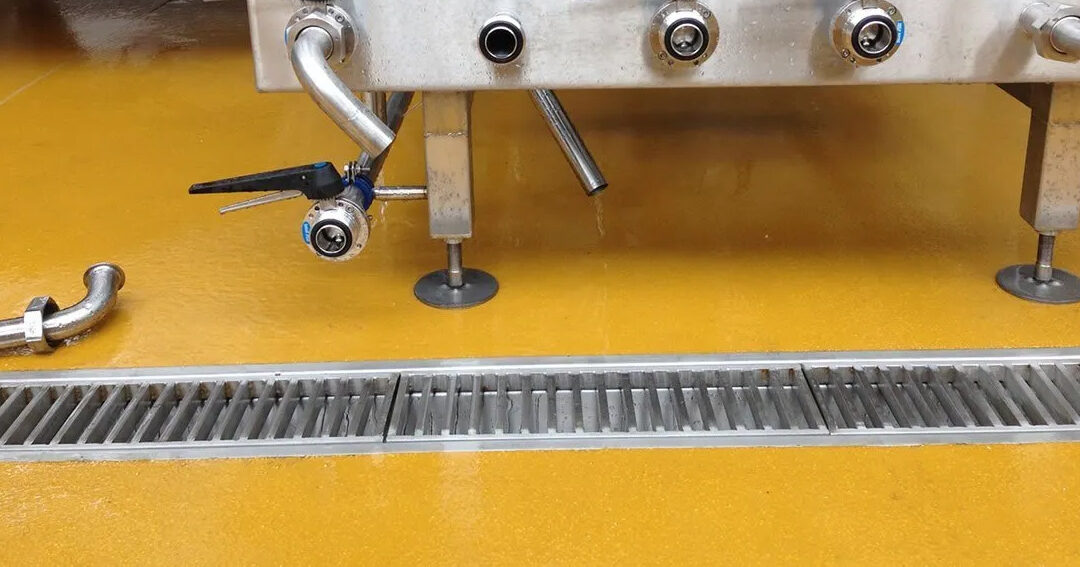The Benefits of Polyurethane Cement as Food Grade Flooring
Polyurethane cement is a type of food grade flooring widely used in the food industry. This highly durable flooring can withstand heavy traffic, harsh chemicals, and extreme temperatures. In this article, we’ll explore the advantages of using polyurethane cement flooring in the food industry and answer frequently asked questions about its use in locations such as industrial kitchens, restaurants and food distribution centres.
What is Polyurethane Cement Flooring?
Polyurethane cement is a food grade flooring applied as a coating over concrete surfaces. It forms a protective layer highly resistant to damage from chemicals, water, and other substances that can cause wear and tear on concrete.
Benefits of Polyurethane Cement Flooring
- Durability: Polyurethane cement flooring is highly durable and can last many years, even in harsh environments such as food processing facilities.
- Chemical Resistance: It is highly resistant to chemicals, making it ideal for areas where harsh cleaning agents are used.
- Thermal Resistance: This flooring can withstand extreme temperatures, which is crucial in food processing environments.
- Slip Resistance: Polyurethane cement flooring provides a slip-resistant surface, enhancing safety in the workplace.
- Sanitation: Its seamless surface prevents the growth of bacteria and mould, ensuring a hygienic environment.
- Versatility: Available in various colours and finishes, it can be customised to meet specific aesthetic and functional requirements.
Frequently Asked Questions
What Does Polyurethane Cement Do to Concrete?
Polyurethane cement forms a protective layer over concrete, making it resistant to damage from chemicals, water, and other substances.
Will Polyurethane Cement Stick to Concrete?
It adheres very well to concrete surfaces, forming a strong bond that resists peeling, chipping, and cracking.
How Long Does Polyurethane Cement Last on Concrete?
Properly maintained polyurethane cement flooring can last up to 20 years or more, depending on factors like coating thickness, traffic levels, and installation quality.
How Thick is Polyurethane Cement?
It is typically installed at a thickness of 3 to 10mm but can be thicker if additional durability is needed.
How Strong is Polyurethane Cement?
Polyurethane cement has a compressive strength of up to 10,000 psi and is highly resistant to abrasion, impact, and chemicals.
Which is Better: Epoxy or Polyurethane Cement?
While both are popular choices, polyurethane cement is better suited for environments with extreme temperatures and harsh chemicals and high traffic. It also maintains its colour and gloss better over time.
Food Grade Flooring,
Polyurethane cement flooring offers numerous advantages for the food industry, including durability, sanitation, slip resistance, chemical resistance, thermal resistance, versatility, and affordability. It also contributes successfully to a facility meeting HACCP standards. If you’re considering upgrading your food facility’s flooring, polyurethane cement is a highly recommended option.

✅ Contact Diamond Grind
by Email or 1800 587 172
for an obligation FREE consultation.
